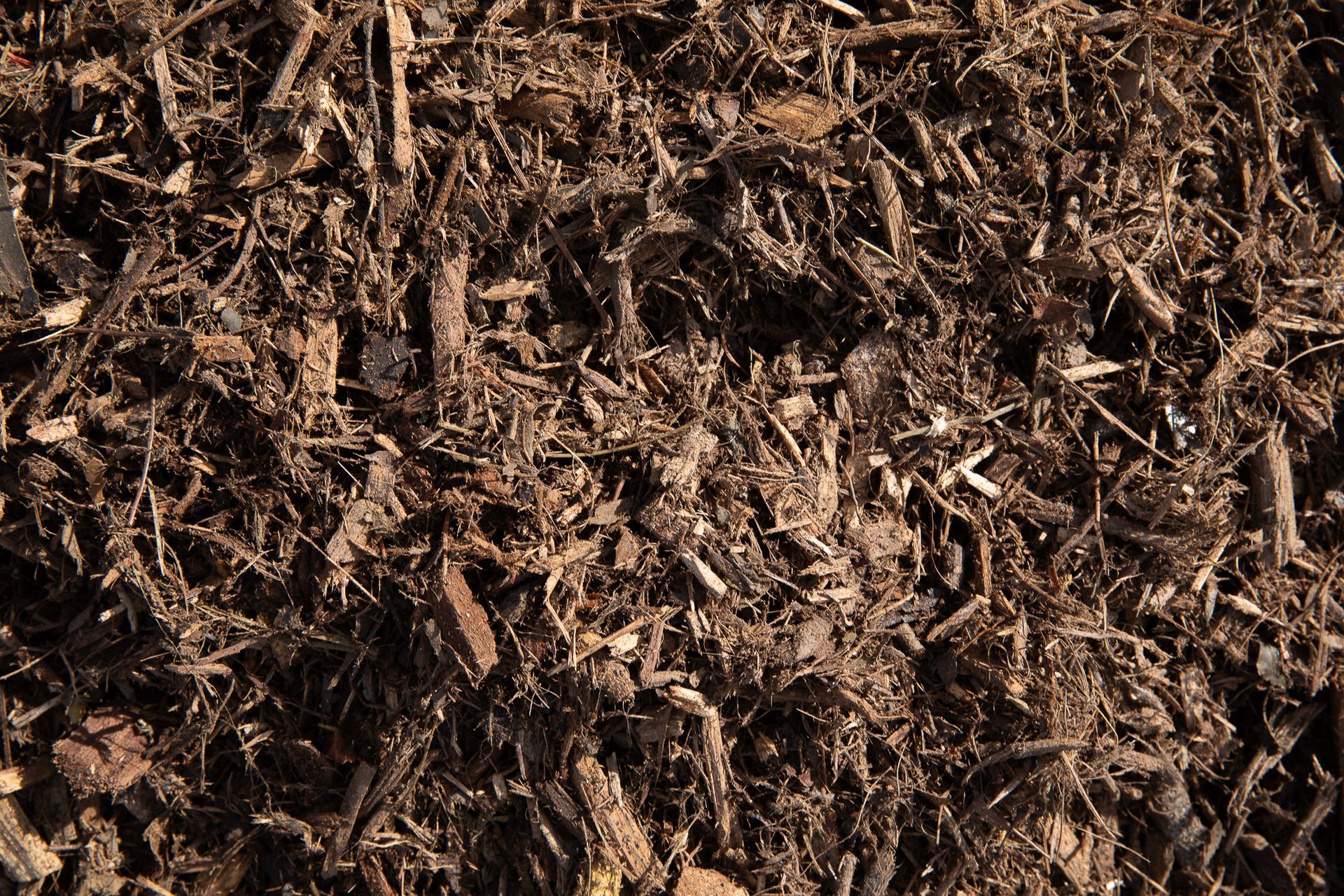Understanding the Nutrient Benefits of Mulching

Mulching is often recognized for its ability to suppress weeds, retain moisture, and regulate soil temperature. However, its benefits extend beyond these surface-level functions. One of the lesser-known advantages of mulching lies in its ability to enrich the soil with essential nutrients, fostering healthier and more vibrant plant growth.
Mulch acts as a natural reservoir of nutrients, gradually releasing them into the soil as it decomposes. Organic mulches such as compost, shredded leaves, grass clippings, and wood chips contain a variety of macro and micronutrients essential for plant growth, including nitrogen, phosphorus, potassium, calcium, magnesium, and trace elements like zinc and iron.
Nitrogen, an essential component of chlorophyll and proteins, is vital for plant growth and development. Mulches rich in nitrogen, such as grass clippings and manure, contribute to the fertility of the soil, promoting vigorous foliage and greenery.
Phosphorus plays a crucial role in energy transfer within plants, aiding in root development, flowering, and fruiting. Mulches derived from bone meal or rock phosphate gradually release phosphorus, ensuring sustained plant growth and vitality.
Potassium, often referred to as potash, is essential for enzyme activation, water regulation, and disease resistance in plants. Mulches like wood ash or banana peels are excellent sources of potassium, promoting robust root systems and overall plant health.
Calcium and magnesium are essential secondary nutrients that contribute to cell structure, enzyme activation, and nutrient uptake in plants. Mulches containing limestone or dolomite provide a steady supply of these minerals, preventing deficiencies and enhancing plant resilience.
In addition to these macronutrients, mulches also supply plants with essential micronutrients like zinc, iron, copper, and manganese, which are vital for various biochemical processes, including photosynthesis and nutrient metabolism.
Moreover, mulching improves soil structure, promoting better aeration and water infiltration, which enhances nutrient uptake by plant roots. By creating a conducive environment for soil microorganisms, mulches facilitate the decomposition of organic matter, further enriching the soil with nutrients.
Understanding the nutrient benefits of mulching underscores its significance in sustainable gardening and agriculture practices. By harnessing the power of natural materials to replenish soil fertility, mulching not only nurtures healthier plants but also contributes to the long-term health and productivity of the ecosystem. Incorporating mulching into gardening routines can lead to bountiful harvests, vibrant landscapes, and thriving ecosystems, all while reducing reliance on synthetic fertilizers and promoting environmental stewardship.











